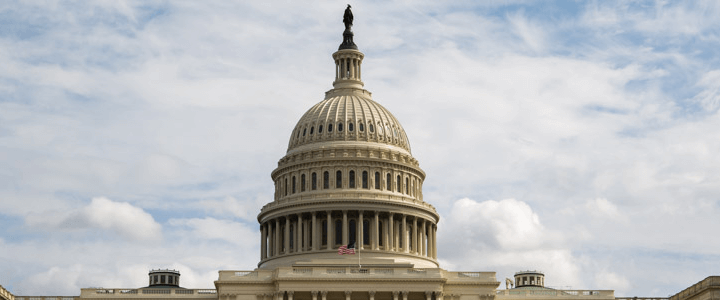While there are probably few (any?) groups more disliked or distrusted than Congress, they may hold out help for individuals waiting months and years for a final clearance determination. I’m not talking about legislation, although they’re trying that. I’m talking about a personal petition to your Member of Congress.
When I was in college I interned at my congressman’s office. Among the myriad intern tasks was responding to constituent mail (Millennials and younger – before your mailbox was filled with nothing other than catalogs and Amazon orders, there used to be this thing called correspondence. When people wanted to stay in touch – or contact their congressional leadership – they would write actual letters, put a postage stamp on them, and mail them. Then people like interns would read them and draft up a response for review). Believe it or not, we responded to every single constituent issue or request we received – via mail, phone call or this newly emerging technology called email.
As recently as this year, I’ve known an individual who petitioned his member of congress when his federal employment offer got stalled up for funding issues. When it comes to moving through the bureaucracy, a little help from the right place may be all it takes.
Yes, Congress Can Get Something Done
A reader, Mary, recently sent in her experience petitioning congress for help with her clearance request in 2001:
When I first applied for a clearance in 1984, a four month wait seemed to be a ridiculously long time. I reapplied in 2001 (after a graduate school break), months before 9/11. After waiting over a year, I wrote to Senator Bob Smith (NH), and one of his staff members looked into the delay. Success! My clearance was granted about two weeks after it was brought to the attention of the senator’s office. (The investigation had concluded 10/11.)
Would a letter-writing campaign be helpful for people in clearance limbo now? I hope so – at the very least it should inform elected officials about the number of employees (and employers) the investigation backlog is inconveniencing.
One caution here – don’t expect your member of congress to be able to move mountains. But outside of beltway legislators, the issue of slow security clearance processing times doesn’t really resonate. Despite the fact there are security cleared jobs across the country, this is largely seen as a Washington, D.C. issue. It’s not. In addition to potentially moving forward your personal clearance request, writing to your member of congress may lead to legislation that can actually move the needle – by delivering more funding, better technology, and improved procedures for the National Background Investigations Bureau (NBIB).
What should you include in a message to your member of congress? Your letter should outline why this issue matters to you, as a constituent, but also why it matters to national security and the quality of the defense and intelligence community workforce. Mention the lost wages, lost time and personal impact of clearance delays. And also tie that to how it’s affecting the ability of the government to attract the best workers. Show how your local community is affected. And include any correspondence you’ve received with your Facility Security Officer (FSO) or the Defense Security Service (DSS), and what you’ve already done to find out the status of your security clearance.
Contacting your member of congress shouldn’t be your first step. But if you’ve been waiting more than a year and are still unable to get any answers, it may be time. And don’t worry – you can now submit your query online.



